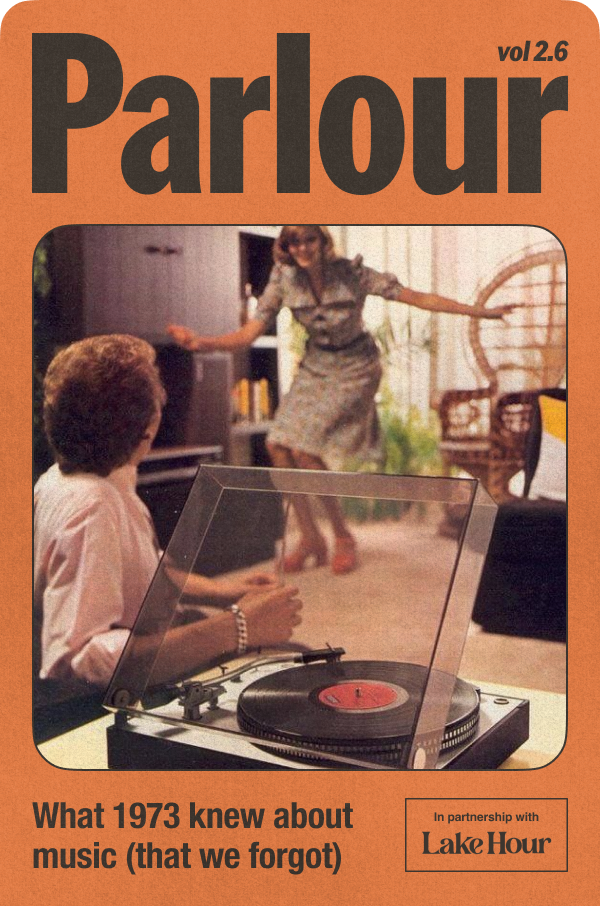
This issue is brought to you by Lake Hour, premium cocktail seltzers made for unhurried gatherings and unforgettable stories.
I put on the new GIVEON album recently (it released on July 8th). And when I was listening to it, it hit me. I actually listened to the entire album front to back. Not as background noise while I answered emails or folded laundry… but really sat with the music and a glass of wine. Then I asked myself, when was the last time I did that?
There's something we lost somewhere in between the convenience of streaming and our addiction to endless choice. In 1973, when you bought Dark Side of the Moon or Innervisions, you didn't have seventeen million other songs competing for your attention. You had what you had, and you learned to love it deeply. You dropped the needle and let Pink Floyd or Stevie Wonder take you on journey.
That year, 1973, represents a golden era for not just music itself, but how we related to it. There’s no real historical significance to 1973, it just captures something essential about how we used to experience music. Music wasn't just background noise or a productivity hack. It was sacred for us. Sometimes an event. And maybe, just maybe, we need to remember what that felt like.
You have to admit, there's something ritualistic about vinyl. Imagine it's a Saturday afternoon in 1973. The new Marvin Gaye album had just been released. You popped over the the record store, brought it home, placed it on your turntable, dropped the needle, and for the next 40 minutes you were transported. No notifications. No algorithms telling you what you should hear. Just you, Marvin, and his artistry at work.
It's a completely different philosophy to music consumption. Artists intended for their albums to be novels, not playlists. When Carole King released Tapestry, she created it knowing that you'd experience "So Far Away" with each track building on the emotional story of the one before and setting up what comes after. Just like chapters in a book.
And socially, it was far, far different than it is now. Music brought people together in living rooms and unique venues. Someone would put on The Rise and Fall of Ziggy Stardust, and for an hour, everyone in that room was on the same journey. Gathering around the stereo just like we gather around the TV for the big game today. There was patience in this. To let the song build, to sit with a quiet moment, to experience the full scope of what the artist was trying to say.
Music was intentional. You chose what to play. You committed to it. You may have had twenty albums in your collection, but you knew each one intimately. How do we recreate this intentional relationship with music today?
Issue forwarded by a friend? Subscribe here.
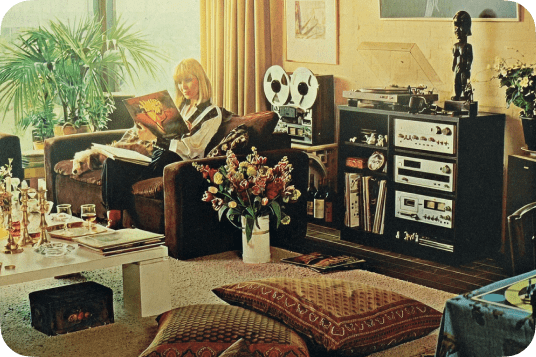
You don't have to buy the most expensive equipment to create a space for music. It's all about intention. In 1973, the best listening rooms weren't perfect. But they were comfortable. A worn leather chair positioned at the sweet spot between two speakers. Warm lighting that invited you to settle in for a while. A small side table for your coffee cup and album liner notes.
The key is removing distractions. No screens competing for attention, no work materials in sight… just you, your chosen album, and a space that lets it unfold naturally. You don’t even need a dedicated room, just a spot at your place that speaks to you.
Think of it as a retreat from the digital chaos rather than another place in your house. The magic happens when your space tells your brain that this time is different. It's listening time, not multitasking time.
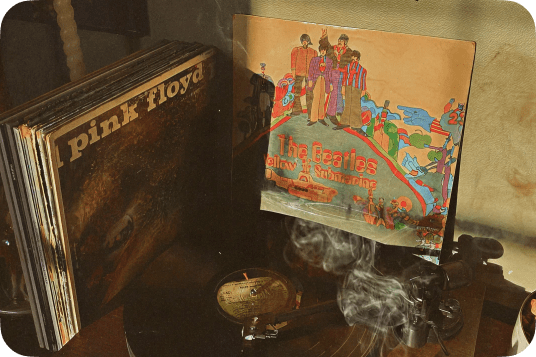
Your record collection should tell a story. Not just about your taste, but about your journey as a listener. Every album represents a decision, an investment, a commitment to spending time with that artist's vision. This is how they built collections in 1973. And you can follow the same principle. Curation over accumulation.
I'm not saying you have to be a vinyl purist or reject digital music entirely. It's more about approaching your music collection the way you would approach building a library. Everything should earn its place. Is this an album I want to spend time with? Will it speak to me in six months, or am I just chasing a dopamine hit?
Start with your current taste and work backward, or choose based on mood, or pick something from a year that speaks to you. There are multiple ways to build a collection that tells your story.
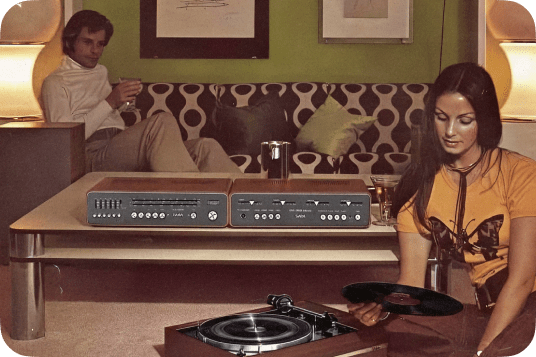
In 1973, they understood something we forgot: listening can bring us together. Not every music experience has to be social, but some of our most meaningful connections to music have come from sharing them with others. Gathering folks to experience an album together is nearly extinct. And we need to bring that back.
But, I want to be clear, this is not about recreating the past. We can embody the spirit of 1973 and bring a shared musical experience to a current moment. Invite 2-3 friends over on a Sunday evening, choose an album none of you have heard, and experience it together without distractions. Maybe it's introducing someone to an album that changed your life.
Solo listening can also become a form of intention. You can sit quietly with music, letting it wash over you without trying to multitask or optimize the experience. That experience alone can be restorative and profound.
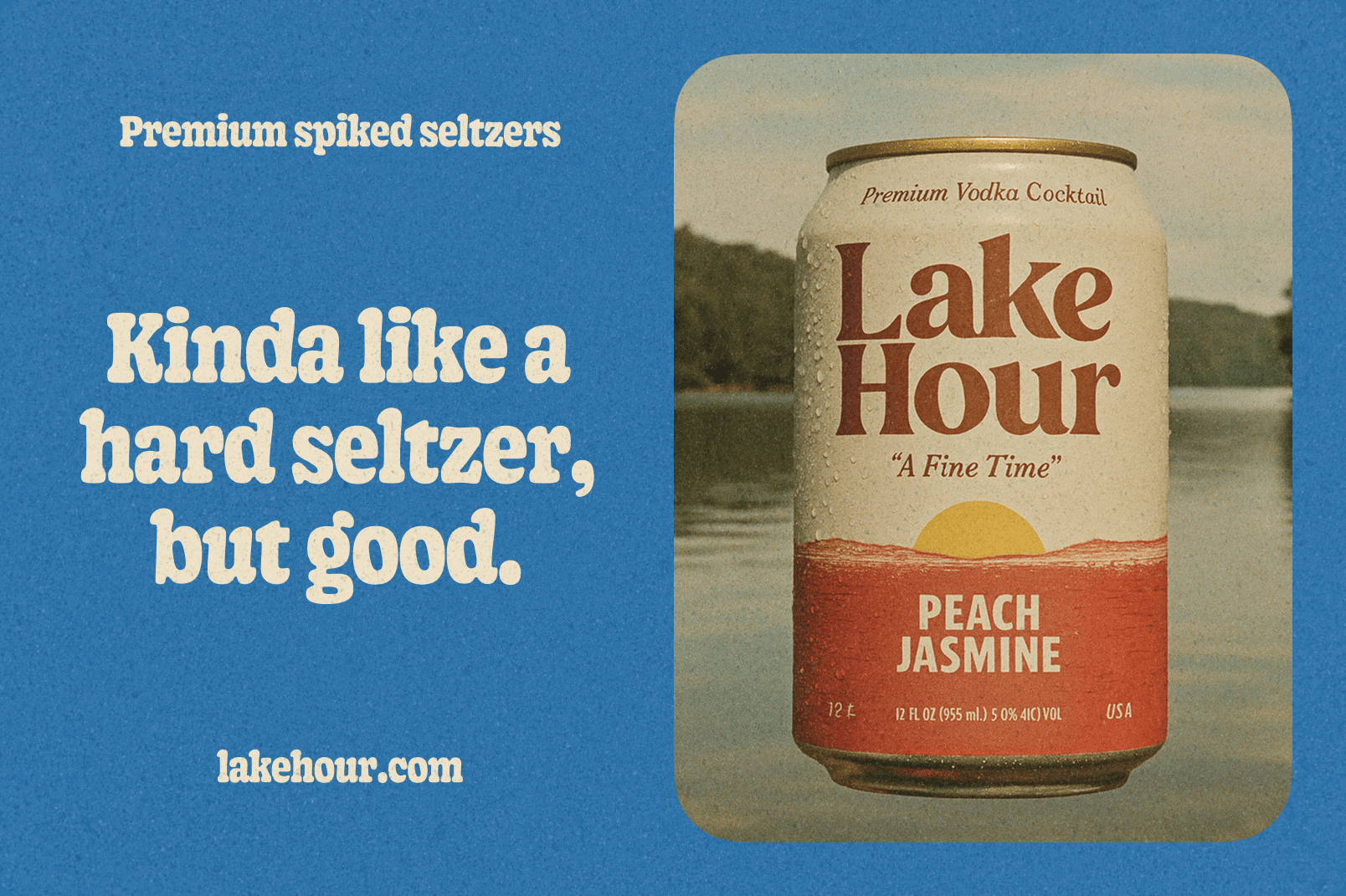
The best things in life require our full attention. In 1973, they understood that. But us, today? We've lost the ability to go deep with anything. But when you commit to music, an album… like really commit, the way people did fifty years ago, something beautiful can happen. You stop judging each song in isolation. You surrender to the artist's vision and let them take you somewhere.
Human experiences can't be optimized or disrupted without losing their essential magic. The patience to listen to a full album mirrors the patience required for any deep relationship. With art, with people, with ourselves. Every time you resist the urge to skip, every time you let a song unfold at its own pace, you're reclaiming something essential that we've nearly lost.
This isn't meant to reject modernity or pretend streaming services don't exist. It's to bring the wisdom of 1973 into our lives. Committing to experiencing art as the artist intended. Because the truth is, great music hasn't changed. Human nature hasn't changed. What's changed is how we pay attention.
And maybe, just maybe, it's time we remember how to listen again.
Thank you for reading! Let us know what you thought of this issue by replying directly to this email. Cheers 🥂
Join 2,568 readers 💃🕺🏽